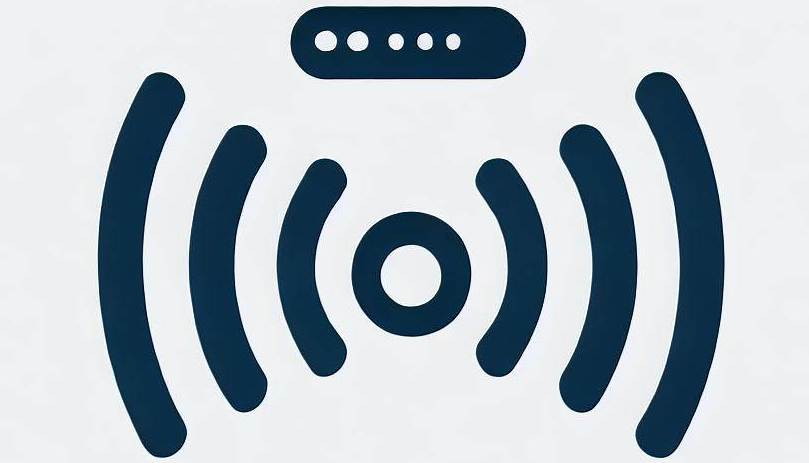Breaking the Cycle of Comparison Among Teenage Girls: A Path to Self-Acceptance

In today’s hyperconnected world, the quiet act of comparison has become something of a daily ritual for many teenage girls. Beneath the surface of polished Instagram feeds and filtered TikTok videos, a darker reality looms: a constant and often crippling sense of inadequacy. The comparisons made, often subconsciously, chip away at self-worth, leaving many young girls questioning their value, beauty, and place in the world. It is a phenomenon as old as time, but its intensity has been amplified by the digital age.
However, this cycle can be broken. It requires not just resilience, but a fundamental shift in perception—a redirection of focus from the external to the internal, from appearance to substance, from fleeting validation to lasting self-worth.
The Perils of the Modern Mirror
In years gone by, a teenage girl’s world was largely confined to her school, family, and local community. Comparisons, though still present, were limited in scope. Today, however, social media presents an infinite gallery of faces, lives, and achievements, all meticulously curated. It is no longer just the popular girl in school who sets the standard, but influencers, celebrities, and even strangers from around the globe.
The problem with this pervasive exposure lies not just in the comparison itself but in the nature of what is being compared. The digital world is a world of illusions. Filters, editing software, and selective storytelling all contribute to an image that is far removed from reality. Yet, to the untrained eye, especially a teenage one, this illusion becomes the yardstick by which beauty, success, and happiness are measured.
The Impact on Mental Health
The psychological toll of these comparisons is profound. Research has shown that teenage girls who frequently compare themselves to others on social media platforms are more likely to experience anxiety, depression, and feelings of isolation. The relentless pursuit of perfection—a perfection that does not exist—leads many into a cycle of self-criticism. No matter how hard they try, they feel they can never quite measure up.
Social media has also fostered a culture of instant gratification. Validation comes in the form of likes, shares, and comments, and when these are absent or fewer than hoped, self-doubt quickly creeps in. The danger is that this validation becomes addictive, with self-worth increasingly tied to external approval.
Breaking Free: A Shift in Perspective
So, how can teenage girls break free from the cycle of comparison? The answer lies not in avoiding social media altogether—though taking regular breaks from it can be beneficial—but in cultivating a strong sense of self that is not defined by external standards.
Firstly, it is crucial to recognise the carefully constructed nature of what is seen online. Parents and educators can play an instrumental role here by fostering media literacy. Helping young girls understand that what they see on social media is not a reflection of real life can go a long way in diffusing the power of comparison.
Secondly, there must be an emphasis on personal growth over perfection. Encouraging girls to celebrate their unique qualities, strengths, and talents—whether they are academic, artistic, athletic, or otherwise—can shift the focus from what they lack to what they possess. When the emphasis is placed on effort, improvement, and individuality, the need to compare diminishes.
The Role of Positive Role Models
Equally important is the influence of positive role models. Too often, the figures teenage girls look up to are individuals who conform to narrow standards of beauty and success. By introducing them to women who have achieved great things in a variety of fields, whose success is not rooted in their appearance or popularity, we can broaden their aspirations and shift their understanding of what it means to be successful.
Parents, teachers, and mentors should also embody self-acceptance. Young girls are highly perceptive, and they will notice whether the adults in their lives are modelling the behaviours they advocate. A mother who is comfortable in her own skin or a teacher who celebrates her quirks and individuality offers a powerful, living example of the freedom that comes from embracing oneself.
The Power of Gratitude and Mindfulness
In addition to changing what they focus on, teenage girls can also benefit from learning practices that ground them in the present moment. Gratitude journaling, for instance, encourages them to reflect on the positives in their own lives, however small. It shifts the mind away from what others have and towards what they already possess.
Similarly, mindfulness can help reduce the anxiety that comparison often fosters. When girls learn to be fully present, they become less consumed by the relentless urge to measure themselves against others. Instead, they begin to appreciate themselves for who they are, without judgment.













